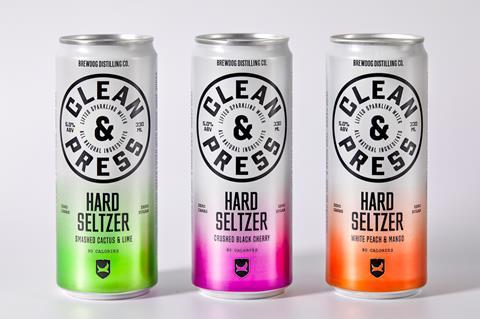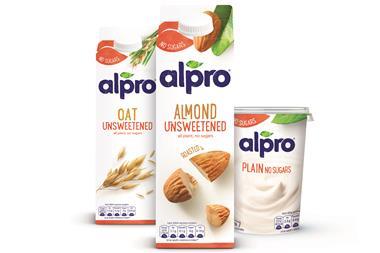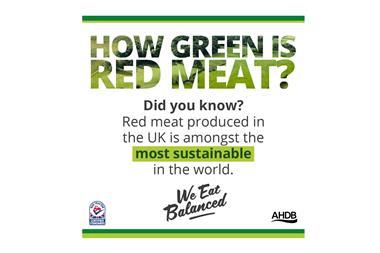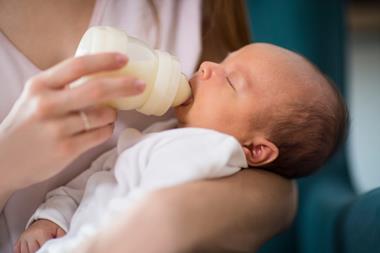
The Advertising Standards Authority has kicked off a clampdown on hard seltzer brands for making “non-permitted” nutrition claims.
The watchdog rapped a swathe of brands – BrewDog, Drty Drinks, High Water and Whisp – for engaging in marketing activity that was prohibited under the CAP Code this week.
It had specifically targeted hard seltzers as part of “a proactive, project-based approach to tackling issues in the round”, a spokesman for the watchdog told The Grocer.
“We’ve noticed ads for hard seltzers… sometimes try to claim they are better for consumers than other alcoholic beverages,” he said.
The ASA was “committed to making it clear that such claims don’t follow the rules and need to stop”, he added.
The move was “strictly about hard seltzers, rather than food products generally, and the issue was not misleading claims but rather the ads making health or non-permitted nutritional claims about alcoholic products”.
BrewDog underwent investigation for three separate issues relating to an Instagram post promoting its Clean & Press hard seltzer brand.
The ASA challenged whether phrases used in the post, such as “only 90 calories per can” and “no carbs or sugar”, were nutrition claims permitted for alcoholic drinks.
It also challenged whether the phrase “a little bit of alcohol” falsely implied that the 5% abv drink was low in alcohol.
Finally, it investigated five separate complaints claiming that the general wording of the post, which included the statement: “due to advertising regulations we cannot claim this drink is healthy”, indicated that the drink was, indeed, healthy.
After investigation, all three issues were upheld.
In response to the ruling, BrewDog CEO and co-founder James Watt tweeted that BrewDog was not allowed to tell people Clean & Press only had 90 calories “even though it has”.
The ASA have banned our Instagram advert for saying that we cannot call our seltzer a health drink because we cannot call our seltzer a health drink. Pretty meta.
— James Watt (@BrewDogJames) July 7, 2021
We are also not allowed to tell people it only has 90 calories. Even though it has. pic.twitter.com/cJ2AJhEQrV
Wild Drinks Group, meanwhile, was reprimanded for claiming its 4% Whisp hard seltzers were “lightly alcoholic” and “low calorie”.
The watchdog also upheld a complaint against hard seltzer brand Drty for using the hashtags “#lowcalorie”, “#nosugardiet”, “#zerosugar”, “#keto”, “#ketodiet”, “#carbfree” and “#nocarbs” in an Instagram post promoting its product.
Long Ashton Holdings came under fire for including the phrase “under 100 calories per can” on its brand website for hard seltzer High Water.
High Water founder Nick Britton said he was “disappointed” that the phrase had been interpreted as a health claim rather than a factual statement.
That said, the brand had “co-operated with the ASA to revise the two sentences on our website that were highlighted as in breach to bring them back within the ASA interpretation of the code”, he added.
Rule 18.17 of the CAP Code states that alcohol brands “must not make any health, fitness or weight-control claims” in their marketing activity.
“Low-alcohol”, “reduced alcohol” and “reduced energy” are the only permitted claims for alcoholic drinks under the CAP Code.
This means that drinks should not be billed as low in calories, low in sugar or in any way ‘diet-friendly’ by brands.



















No comments yet